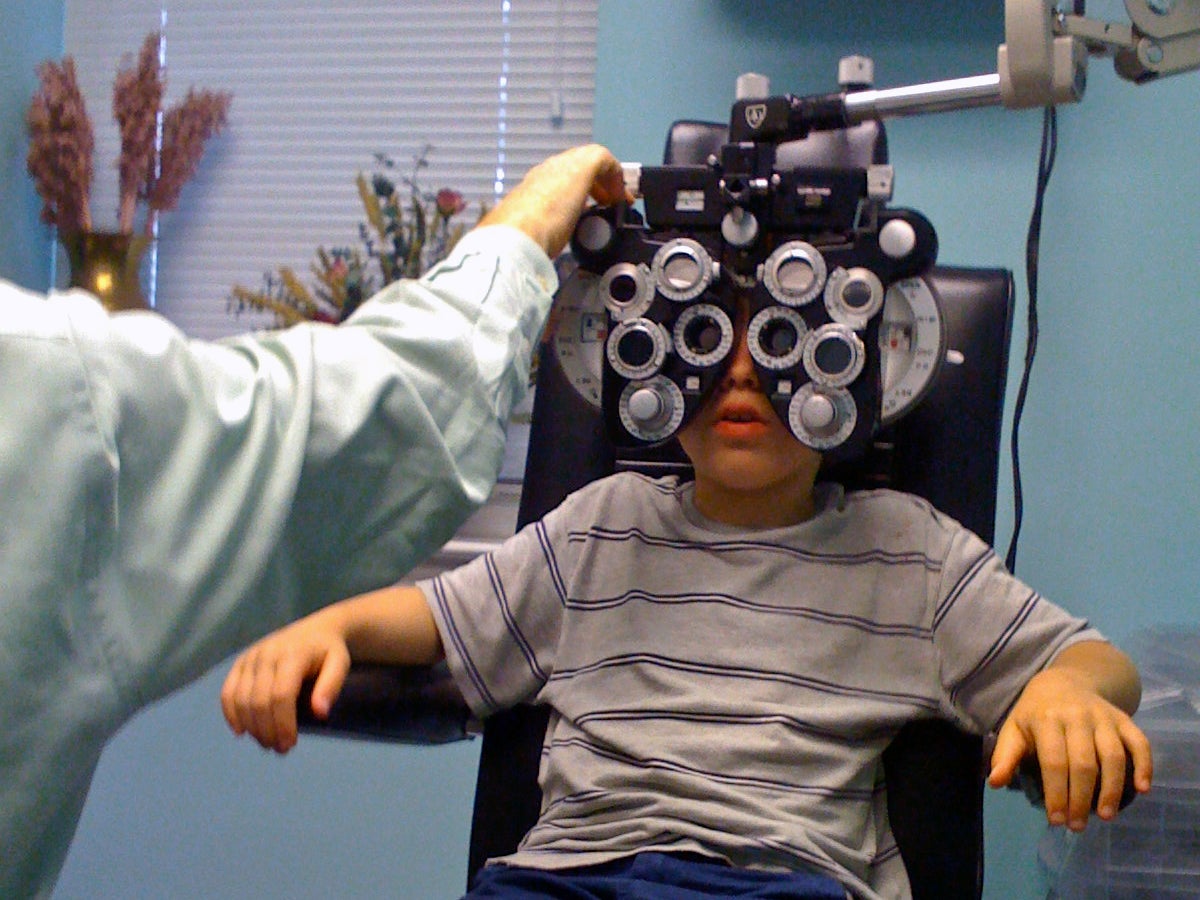The Israeli health care system is facing severe challenges in the aftermath of the recent war, with concerns raised about the long-term consequences on mental and physical health. Prof. Nachman Ash, chairman of the National Institute for Health Policy Research and former Director General of the Ministry of Health, stresses the urgent need for a strategic plan to enhance resilience and preparedness for future challenges.
Prof. Haim Bitterman, scientific director of the Institute, highlights the overwhelming need for mental health services in a system that already had room for improvement. He raises concerns about the neglect of routine health screenings and preventative measures during times of crisis, noting that decreased compliance with these tests can lead to late-stage disease detection and other health complications.
A recent survey found disturbing trends among evacuees from the war, including changes in health conditions, eating habits, and physical activity levels. The experts are concerned about the impact on physical and mental health, especially among children and vulnerable populations who were disproportionately affected by the conflict.
The Ministry of Health is working on a comprehensive plan to address these concerns, focusing on resilience, nutrition, physical activity, and smoking prevention. They emphasize the importance of community and multi-sectoral collaboration in finding solutions to these complex issues. Individuals are encouraged to take small steps to prioritize their health and well-being during challenging times. Ultimately, their goal is to mitigate the negative effects of the war on public health and promote overall wellness in Israel’s population.
Professor Ash emphasizes that urgent mental health treatment is essential for Israelis given severe shortage of therapists in Israel’s current system.
Professor Bitterman highlights that there is an overwhelming need for mental health services as part of an already struggling system.
The experts raise concerns about how this recent war has negatively impacted physical and mental health among children and vulnerable populations.
A survey found that evacuees have seen changes in their overall health conditions as well as eating habits and physical activity levels.
The Ministry plans to focus on resilience by developing nutrition plans as well as promoting physical activity through alternative therapies like art therapy or nature therapy.



